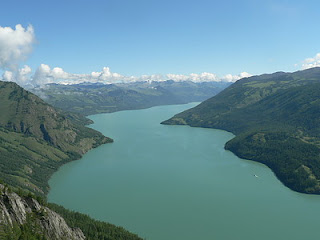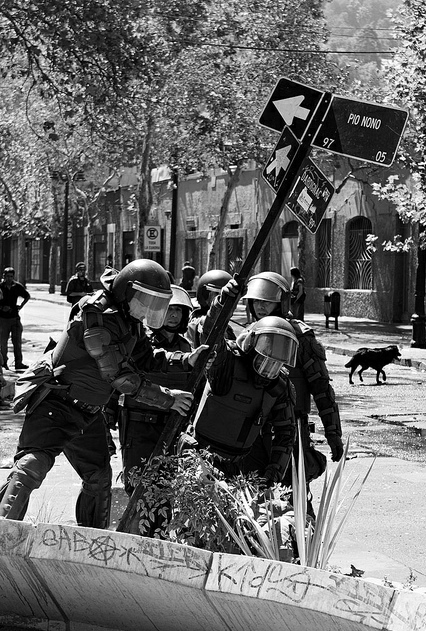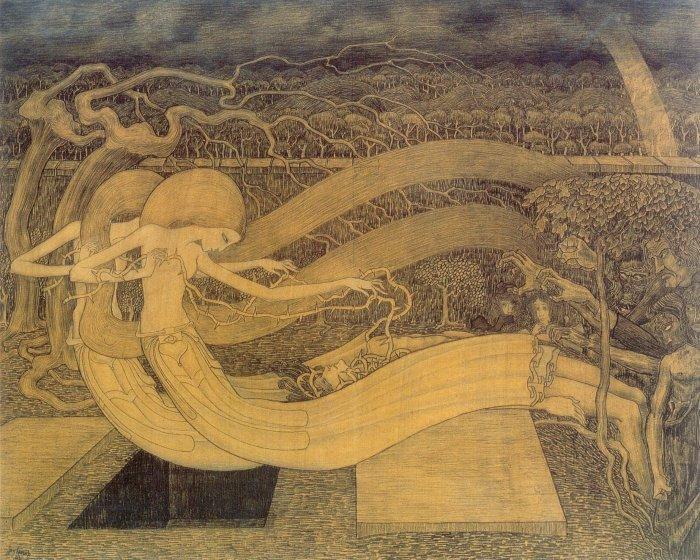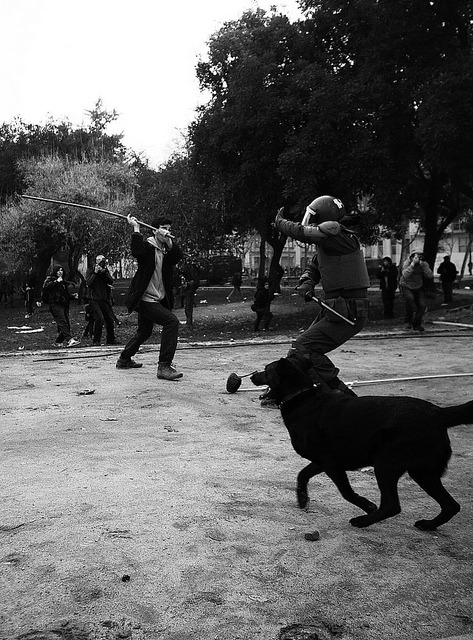
Kanas Lake, China. Photo by Wang Xiaozhe and Meng Jie.
Construction threatens World Heritage Site, national parks, and sacred lands of the Telengit people.
For at least 8,000 years, people have journeyed to the high Ukok Plateau to bury their dead with sacred ceremonies and give offerings to the spirits of the heavens, the mountains, and the waters. Today, the Telengit people carry out their ancient rituals on the Ukok amid the burial mounds, stone stellae, and petroglyphs of their ancestors in this mountainous borderland between Russia and China. Through centuries of experience, the Telengit people learned the survival skills—herding, hunting, fishing—that sustain their clans and communities in this remote, arid, permafrost landscape. But now they are facing a new challenge: Russia and China are planning to build a pipeline to carry natural gas from Siberia to China. The pipeline would bisect the sacred Ukok Plateau and the Golden Mountains of Altai UNESCO World Heritage Site in Russia, and the Kanas National Park in China, one of China’s last undeveloped wilderness areas. This remote mountain region is critical habitat for snow leopards, argali mountain sheep, and other endangered species.
http://www.culturalsurvival.org/node/9960
http://www.culturalsurvival.org/take-action/russia/2/whc.unesco.org/en/list/768%20%20%20
The Telengit people and Russian environmental organizations are calling out to the
international community for help to re-route construction of this gas pipeline. Please write
letters to Russian and Chinese officials today.
http://www.culturalsurvival.org/take-action/russia/2/reroute-gas-pipeline-construction














![Eurorepressione - Sulla conferenza a Den Haag sul tema "Anarchia" [corretto]](http://25.media.tumblr.com/tumblr_m0jvngOXtY1qa2163o1_1280.jpg)




![A tres años de la Partida de Mauricio Morales: De la Memoria a la Calle [Stgo.]](http://metiendoruido.com/wp-content/uploads/2012/05/mmacividad.jpg)



















Nessun commento:
Posta un commento